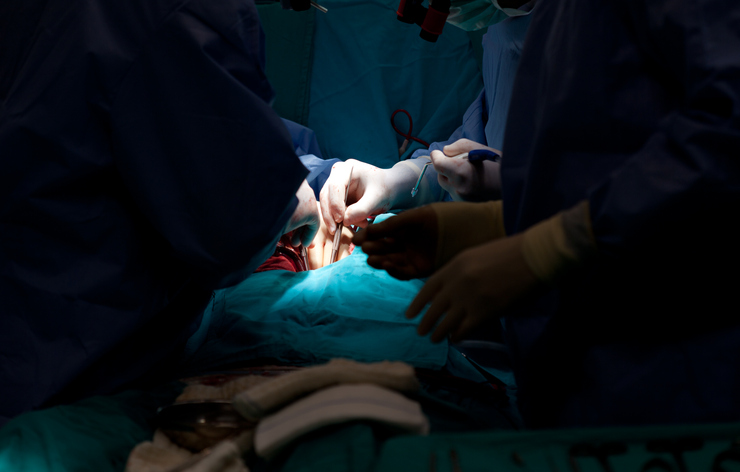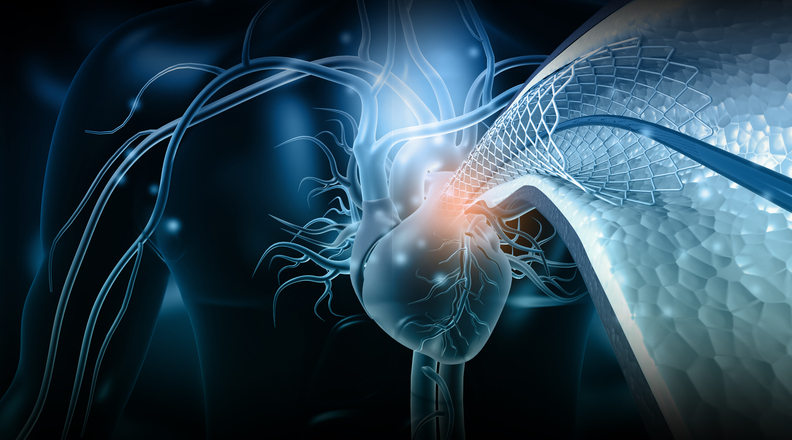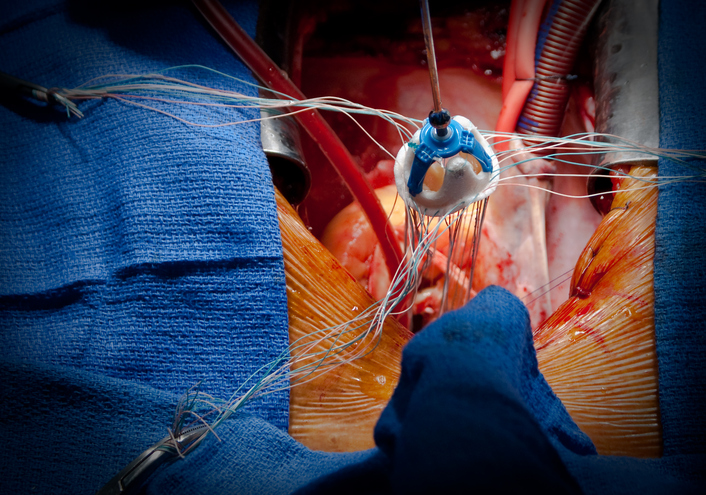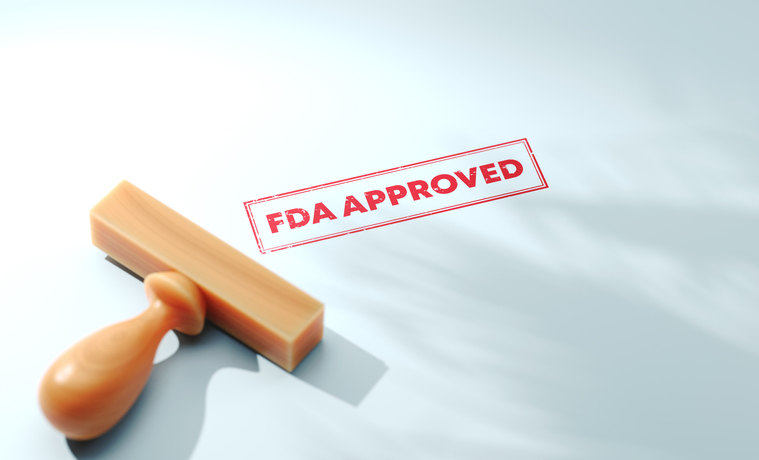
Proprotein convertase subtilisin/kexin type 9 (PCSK9) inhibition may be a powerful tool against COVID-19 illness, according to the IMPACT-SIRIO 5 study.1
Inhibition of PCSK9 leads to potent reductions of low density lipoprotein levels and has emerged as an important therapeutic target for the management of hypercholesterolemia and cardiovascular risk reduction. Putative roles for immunomodulation have been largely experimental. Until now.
The IMPACT-SIRIO 5 study is a double-blind, placebo-controlled, multicenter pilot trial in which 60 patients hospitalized with severe COVID-19 associated with pneumonia and hypoxia were randomized to receive a single 140-mg dose of subcutaneous evolocumab (N = 30) or placebo (N = 30). Key inclusion criteria included interleukin (IL)-6 elevation, given this mediator’s role as a major driver of the inflammatory response associated with COVID-19 morbidity and mortality. The primary endpoint was death or need for intubation at 30 days. The main secondary endpoint was change in circulating IL-6 levels at 7 and 30 days from baseline.
Remarkably, patients with severe COVID-19 who received evolocumab had a 30% absolute risk reduction in death or need for intubation within 30 days (23.3% vs 53.3%) compared with placebo. This is a greater than 50% relative risk reduction with a number needed to treat of just over 3 patients to prevent one death or intubation within 30 days. Serum IL-6 was similarly lower with PCSK9 inhibition than with placebo (30-day decline: -56% vs -21%), suggesting the mechanism of action for the clinical benefit. Those with greater baseline degrees of inflammation according to baseline IL-6 level experienced greater degrees of benefit from PCSK9 inhibition over placebo (absolute risk reduction of -37.50%). No adverse events were recorded with PCSK9 inhibitor use during the study period.
There are two important takeaways. Firstly, these results add meaningfully to the armamentarium against the ravages of COVID-19. Secondly, these results provide important insight into the biology of PCSK9 inhibition. The cardiovascular clinical benefits realized in PCSK9 therapy outcomes trials have largely been attributed to their lipid-lowering mechanism of action. However, PCSK9 also interfaces with the immune system and can directly activate proinflammatory signaling pathways. Atherosclerosis pathophysiology intertwines both cholesterol and inflammatory pathways, and PCSK9 inhibition very well may exert its protective effects by attenuating several targets simultaneously.
The encouraging results of the IMPACT-SIRIO 5 trial both provide an additional tool against COVID-19 and further elucidate PCSK9 biology which may be harnessed in strengthening the war chest against atherosclerosis.
PCSK9 Inhibition During the Inflammatory Stage of SARS-CoV-2 Infection. Surprising trial, surprising results…
From @jaccjournals https://t.co/MZ2v7NENTn pic.twitter.com/UtWmMNTjOY— Regina Dalmau (@reginadalmau) January 17, 2023
First randomized trial showing sig. ⬇️ death or intubation at 30 days & ⬇️ circulating IL-6 levels w/ #PCSK9 inhibitor in patients w/ severe #COVID19.
Patients w/ more intense inflammation at baseline had ⬆️ survival w/ PCSK9 inhibition vs placebo. https://t.co/jp8R8m4MQF #JACC pic.twitter.com/dYMds8pcsi
— JACC Journals (@JACCJournals) January 21, 2023
References
- Navarese EP, Robinson JG, Kowalewski M, et al. Association between baseline LDL-C level and total and cardiovascular mortality after LDL-C lowering a systematic review and meta-analysis. JAMA – J Am Med Assoc. 2018. doi:10.1001/jama.2018.2525







 © 2025 Mashup Media, LLC, a Formedics Property. All Rights Reserved.
© 2025 Mashup Media, LLC, a Formedics Property. All Rights Reserved.